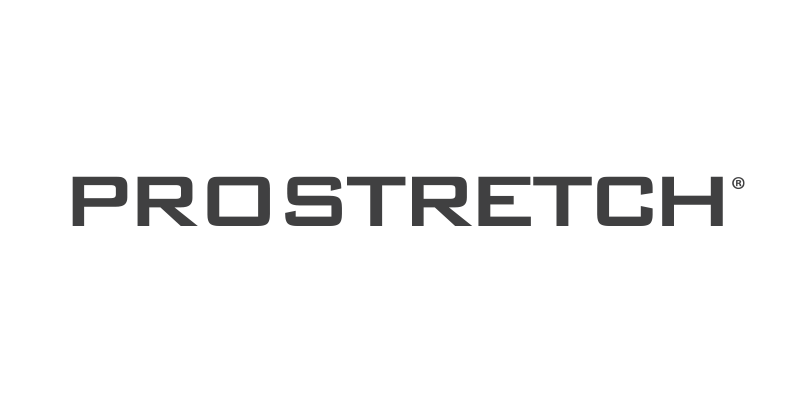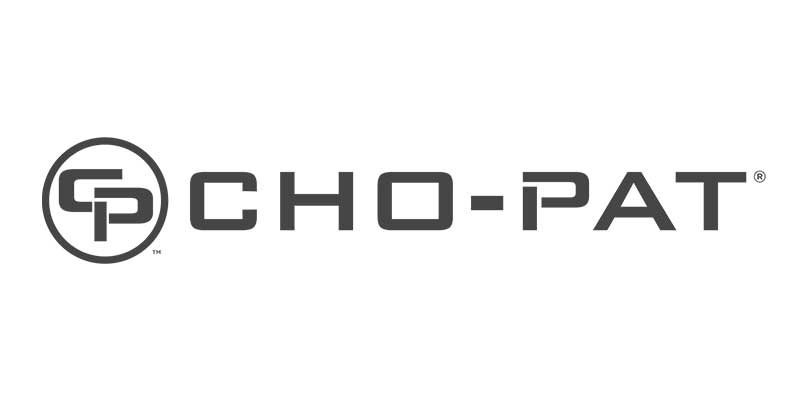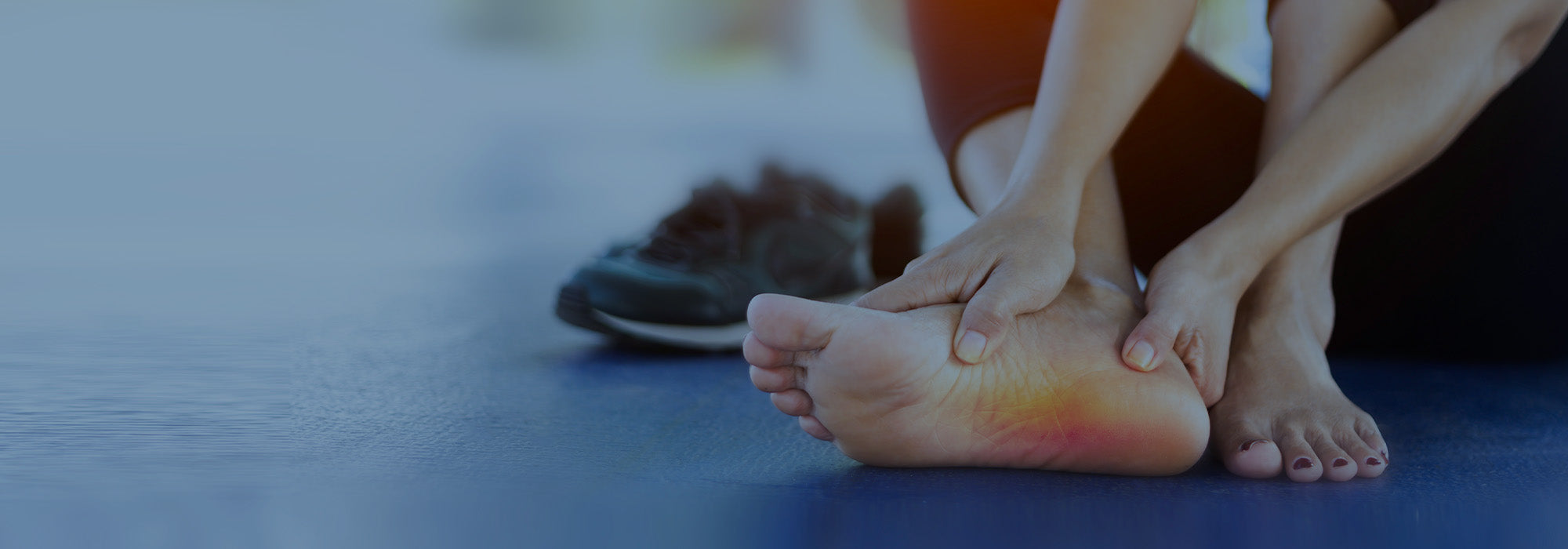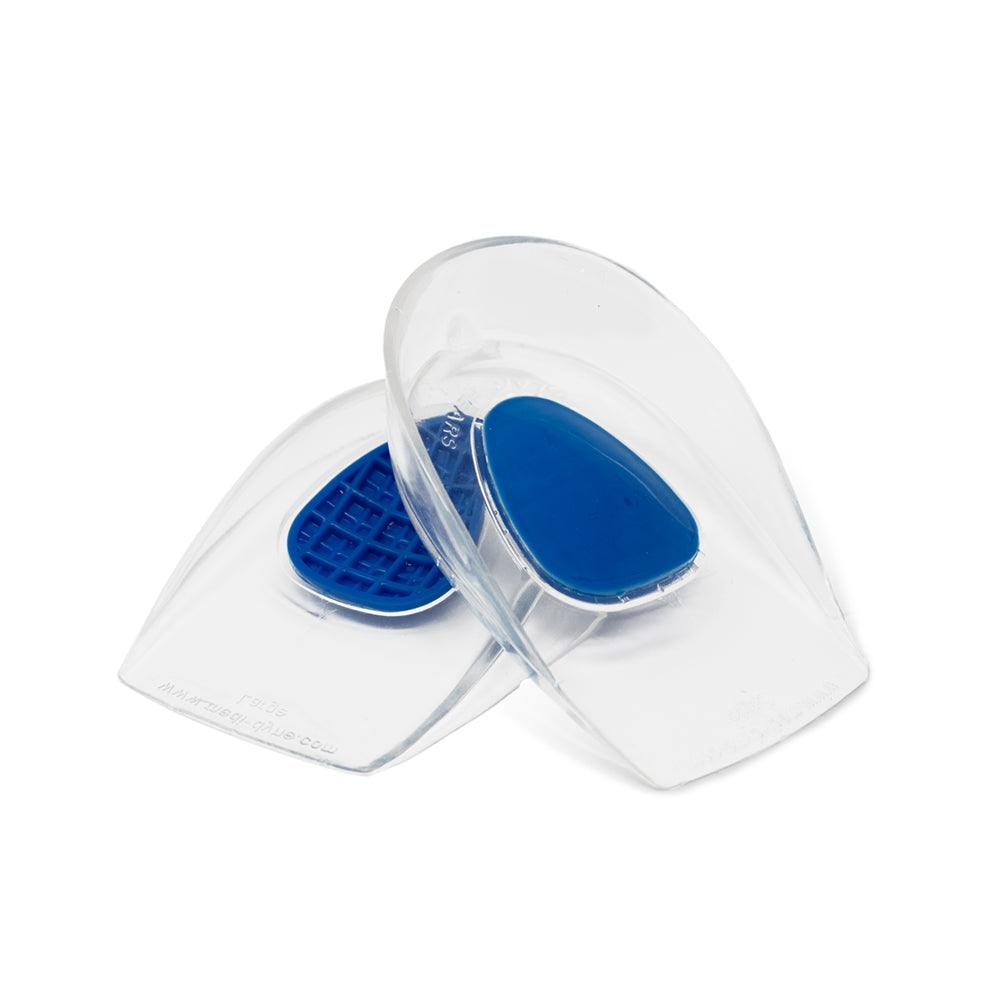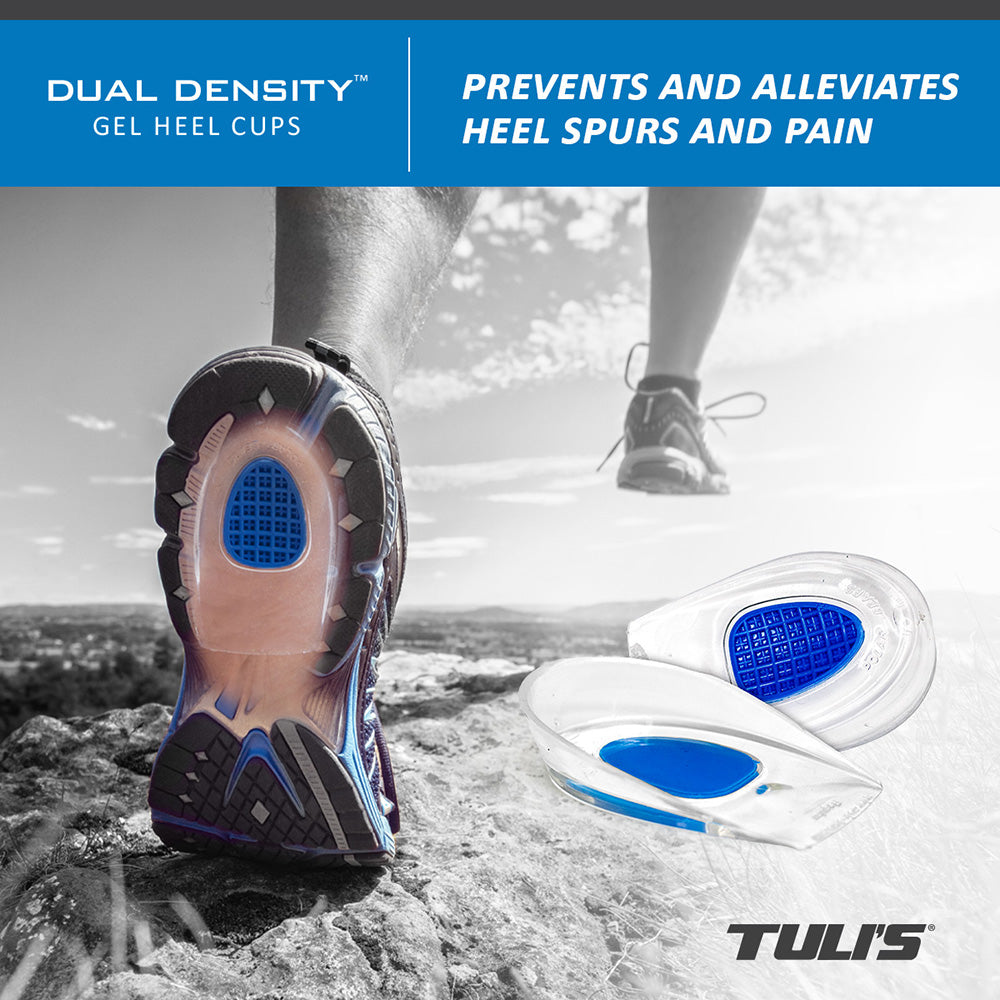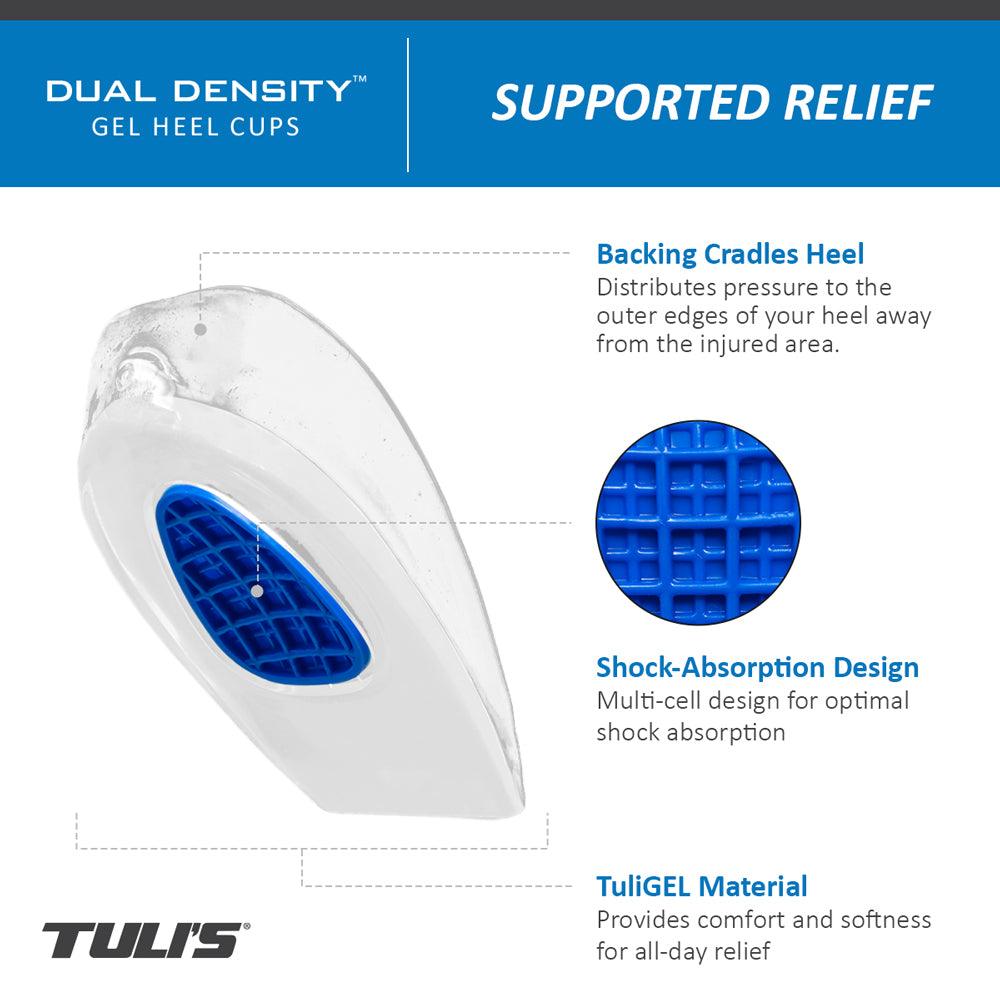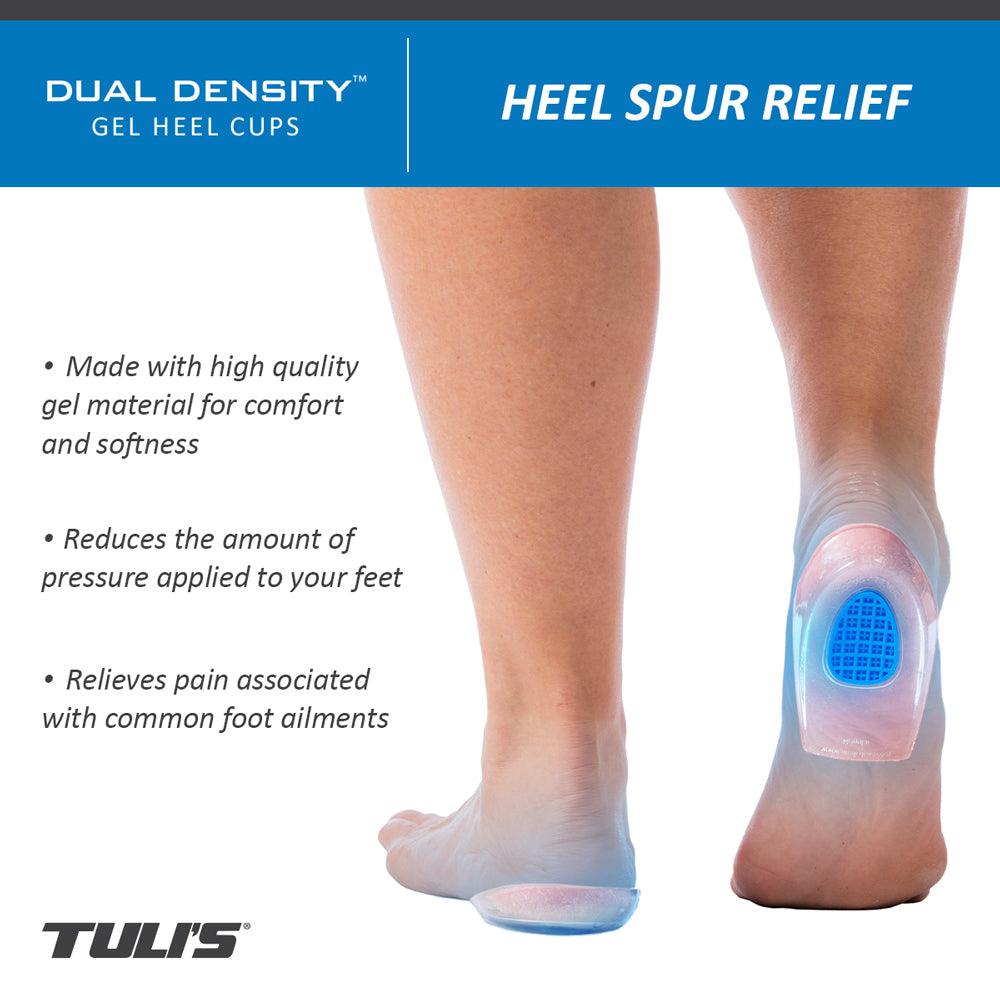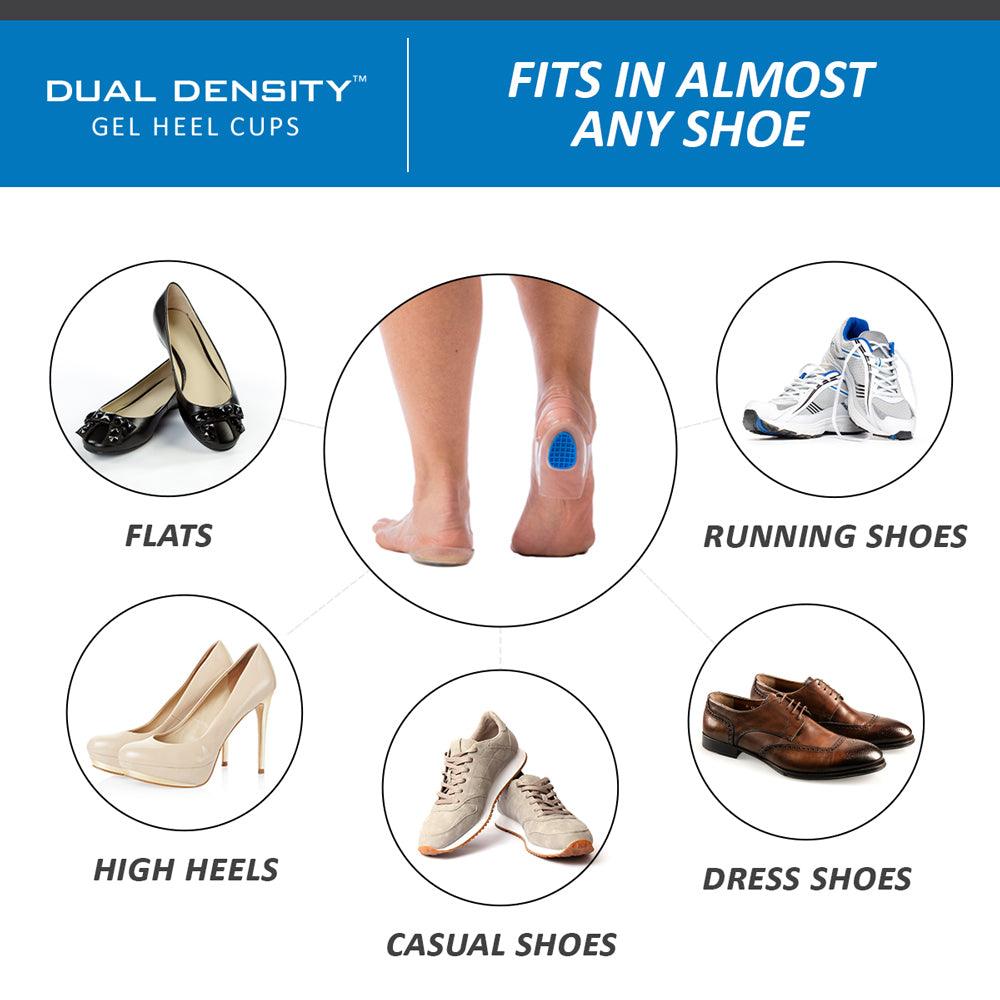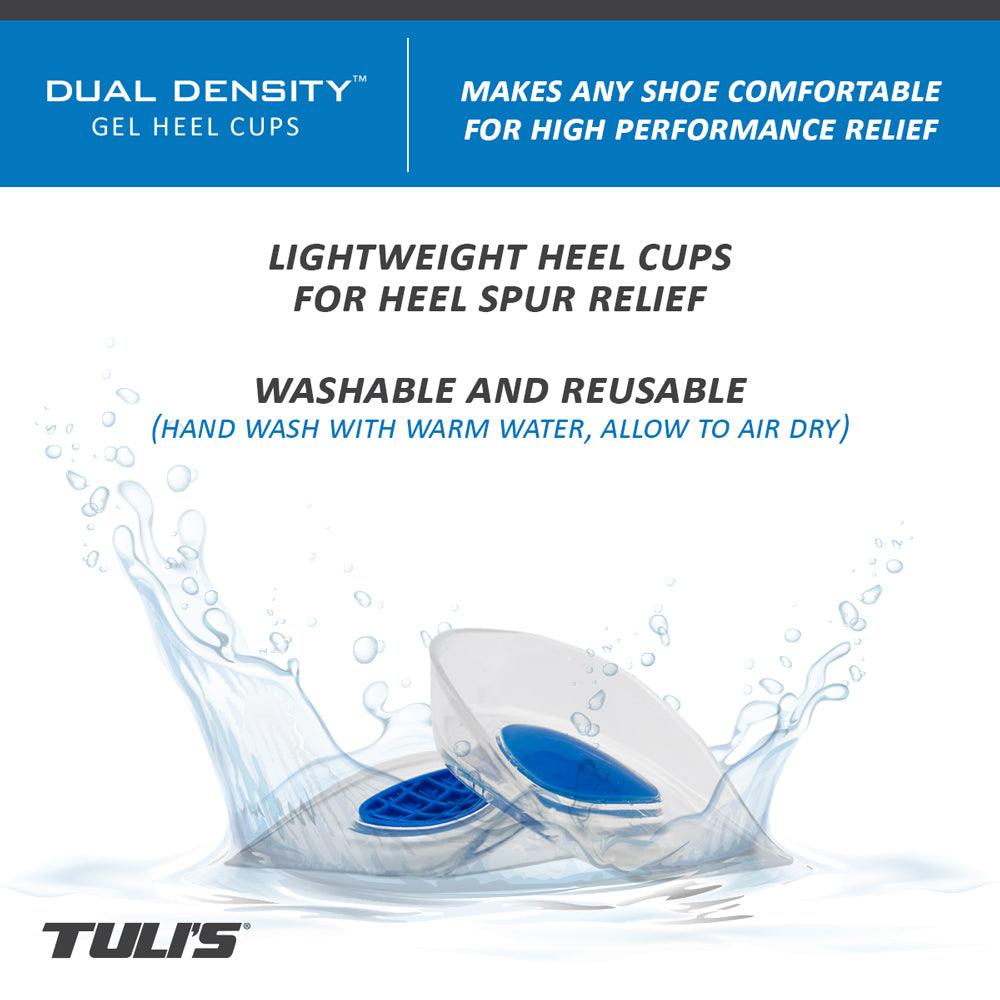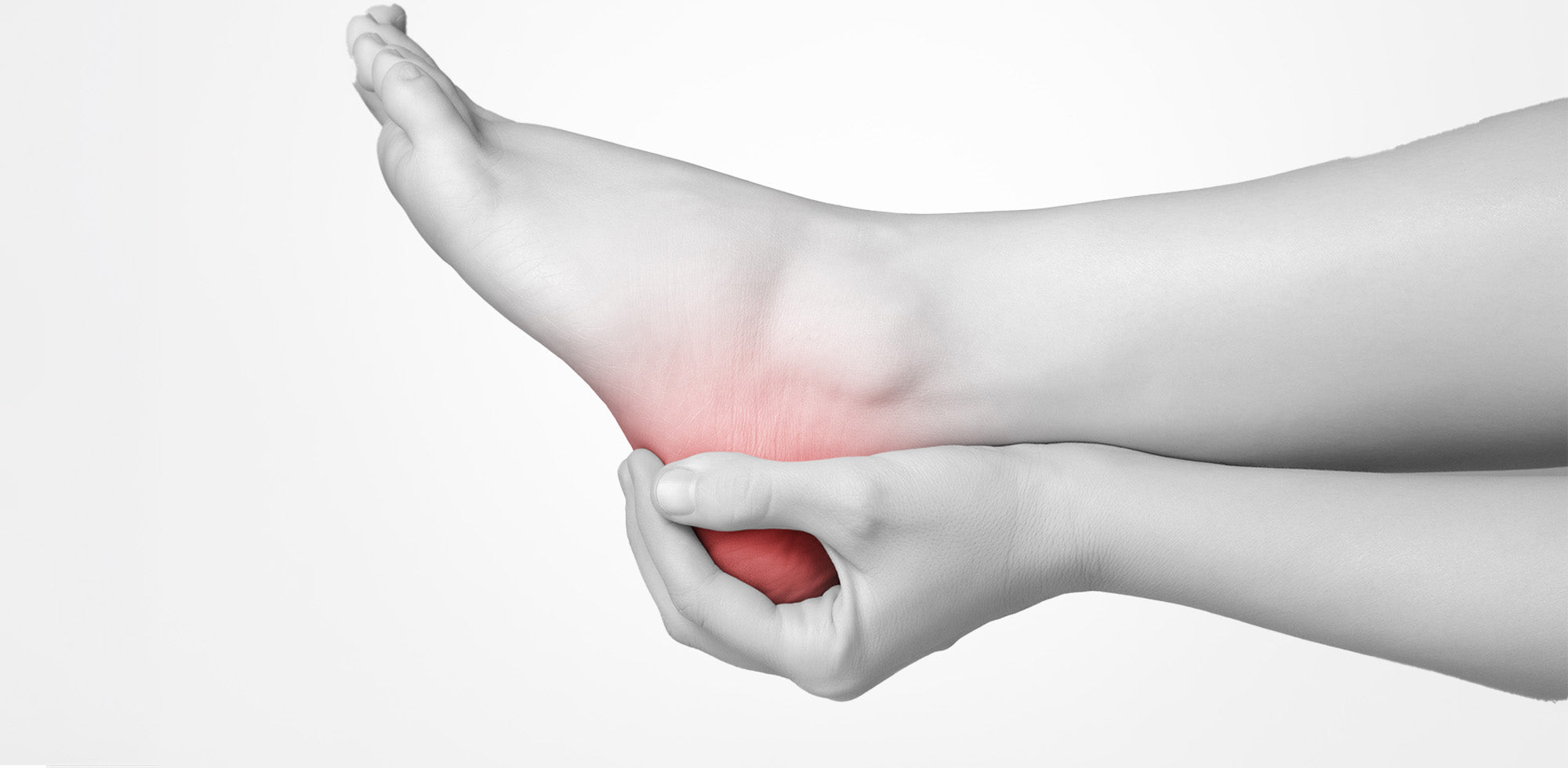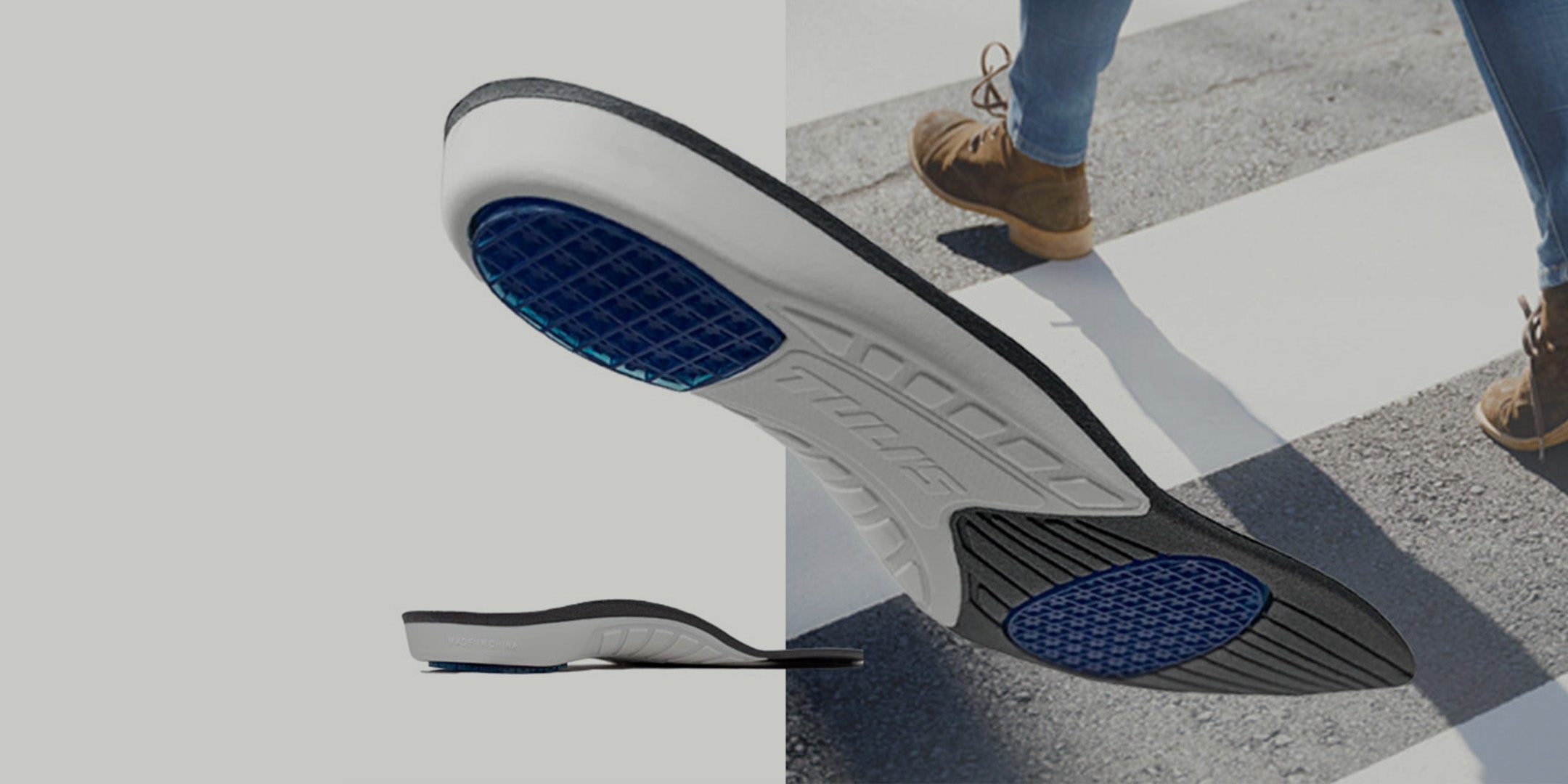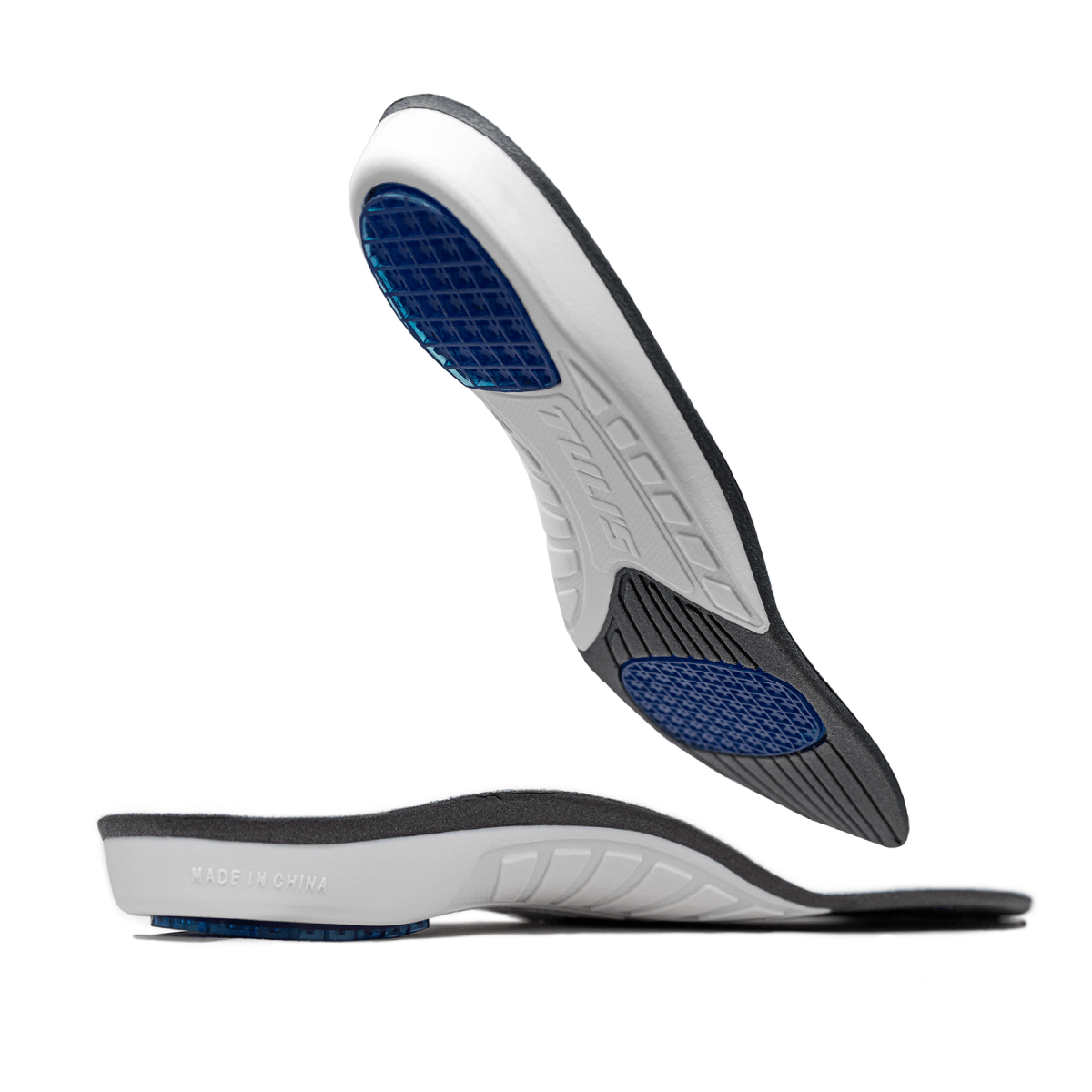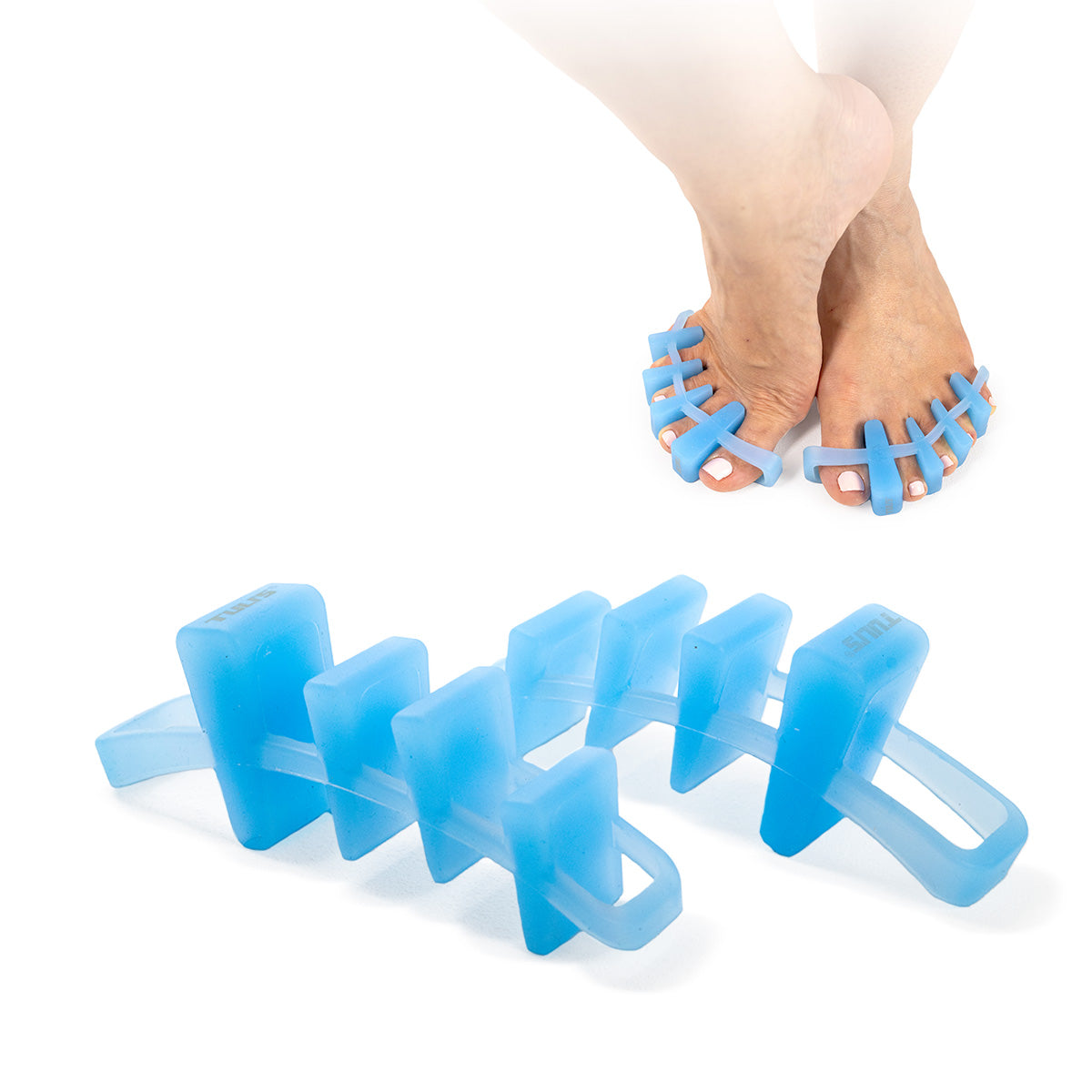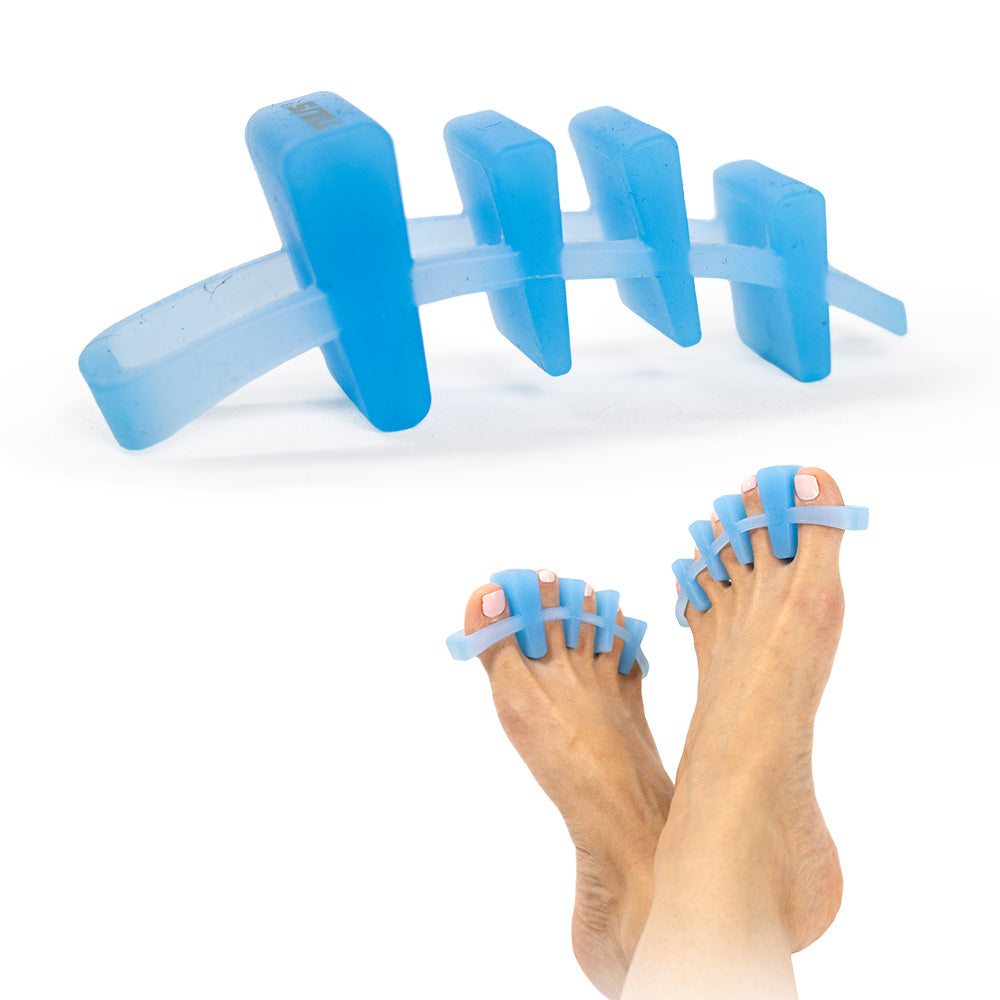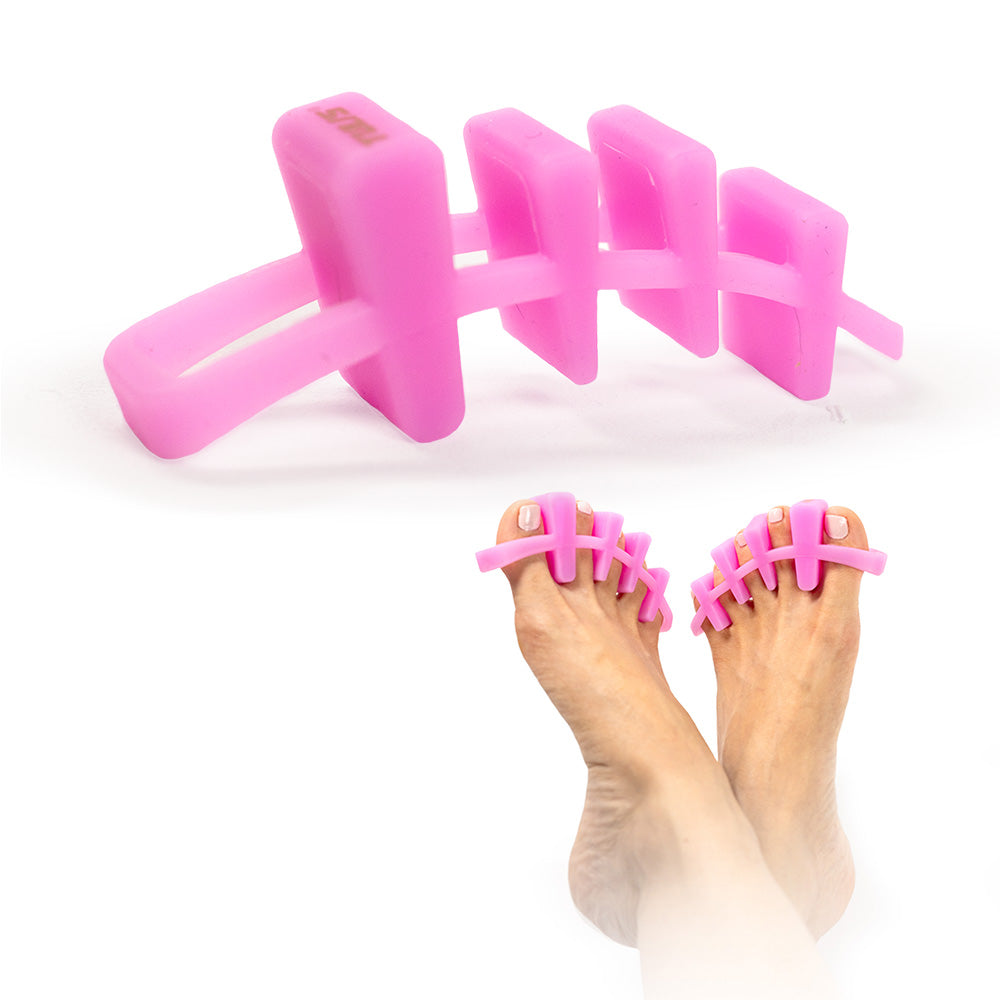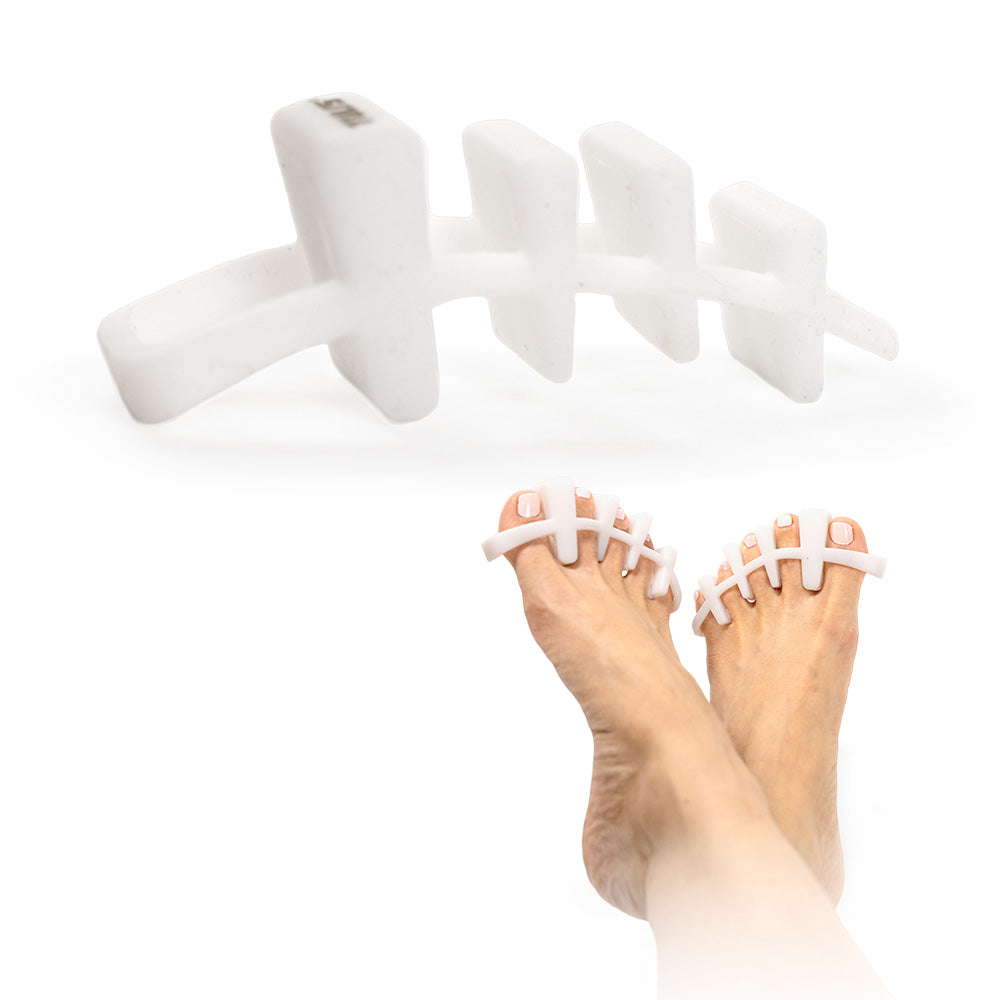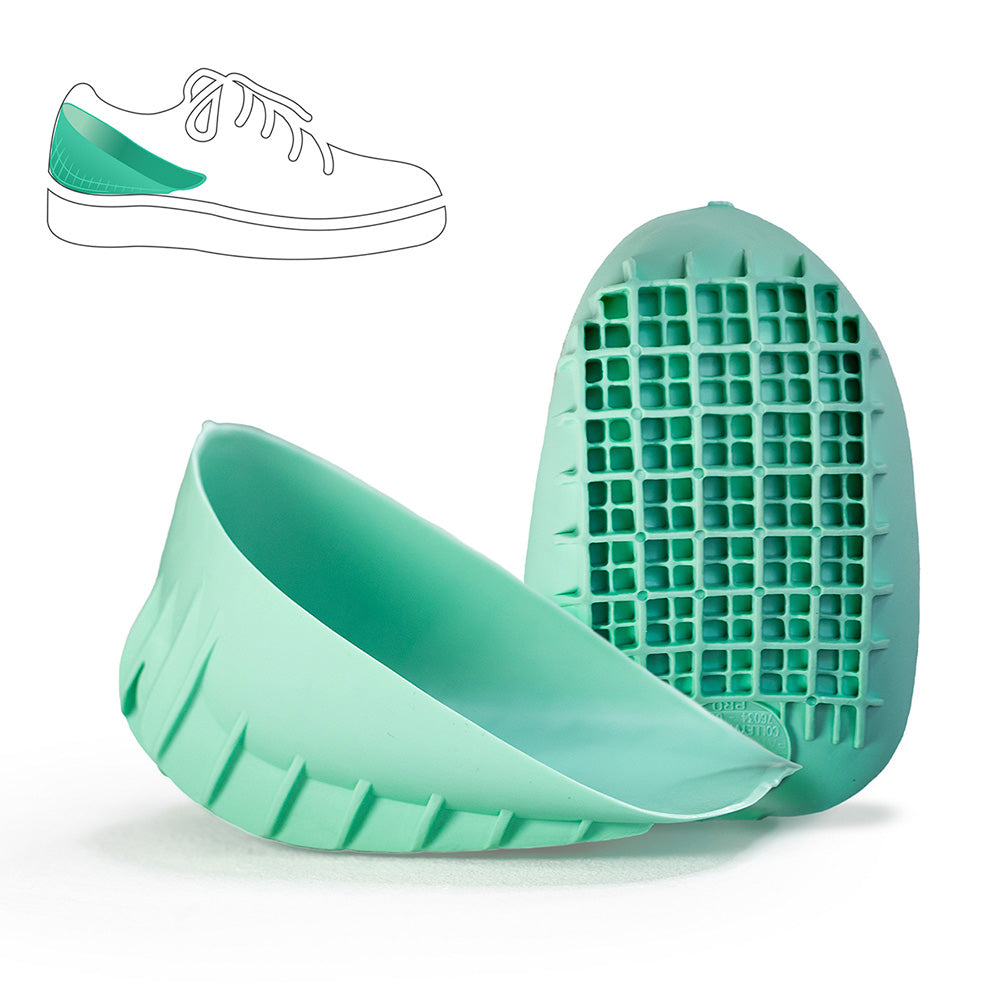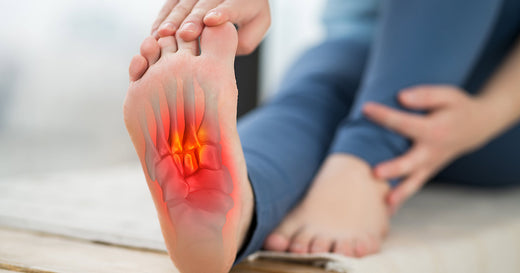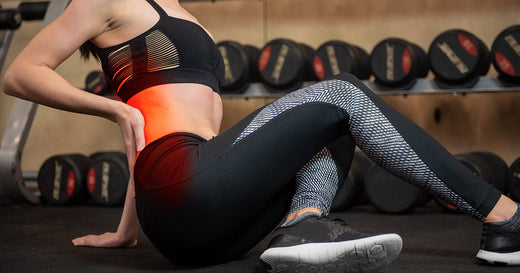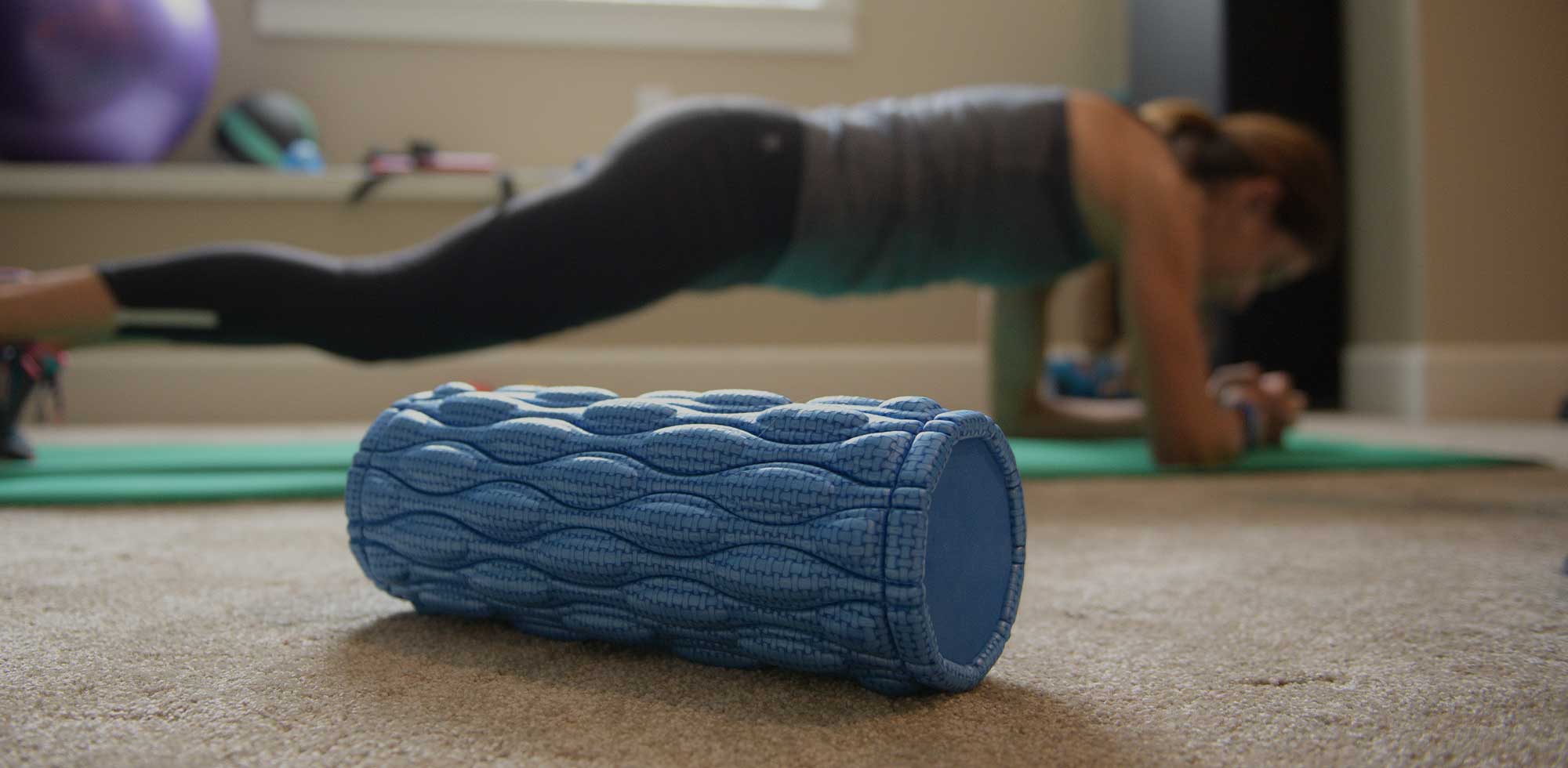Heel spurs are projections of the bone that occur along the edges of the heel bone. They are common near joints where the bones come together. Sometimes you may not even realize that you have heel spurs because they are sometimes very minor and cause no pain, but in some other situations, they can cause an intense amount of pain and even create loss of motion in the heel and ankle. Please see our heel spur exercises to help you ease the pain.
Causes
Heel Spurs Causes
One of the most common heel spurs causes is the wear-and-tear that occurs with osteoarthritis. Osteoarthritis damages the cartilage that cushions the end of the heel bone. As the body tries to repair the damage, bone spurs are formed. In addition, some other common heel spurs causes and risk factors include:
- Different walking patterns
- Running or jogging
- Shoes that do not provide support
- Excessive weight, specifically obesity
Symptoms
Heel Spurs Symptoms
Heel spurs are often painless, although in some cases they can cause pain. The cause of the heel spur pain is not actually the heel spur itself, but the soft-tissue injury associated with it. Though they may be very mild and hard to detect, the following are some common heel spurs symptoms:
- Intermittent pain as you walk, jog, or run
- Inflammation in an area on the heel or ankle
Heel spurs are often confused with plantar fasciitis. A sharp pain in the bottom of the heel, first thing in the morning or after sitting or resting, is often plantar fasciitis and not an actual heel spur.
Treatments
Heel Spurs Treatment
Sufferers from heel spurs can find relief by using a quality heel cup in their shoes. A heel cup will provide extra cushion to the heel and reduce the amount of pressure and shock that your foot experiences. Treating heel spurs can take some time but sufferers who use heel cups, choose sensible shoes, and include stretching and strengthening exercises for the plantar fascia can expect significant pain relief.
FOR IMMEDIATE RELIEF
Support Products:
Products that offer support to the feet, such as orthotic inserts or heel cups, can provide cushioning and arch support to evenly distribute pressure across the foot. This, in turn, reduces stress on the heel and can promote proper alignment, which is crucial for alleviating discomfort and facilitating healing.
Recommended products:
 Tuli's® Dual Density Heel Cups ★★★★★ With a strategically placed shock absorber, Polar Bear Gel Heel Cups cradle the injured portion of the foot while distributing the pressure to the outer portion instead. |
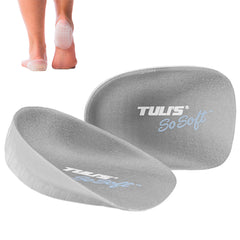 Tuli's® So Soft® Heel Cups ★★★★★ Exclusively formulated to be lighter, softer and more resilient than other heel cups. Soft cloth material combined with softer heel means better shock absorption and increased comfort. |
 Tuli's® Heavy Duty GEL Heel Cups™ ★★★★★ Exclusively formulated of TuliGEL™, Tuli’s Heavy Duty GEL Heel Cups softer material allows for effective shock absorption and perform better in athletic shoes or more spacious lace-up shoes. Upon impact the multi-cell, multi-layer design absorbs shock and returns impact energy just like the system naturally found in your feet. |
 Tuli's® Classic GEL Heel Cups™ ★★★★★ Absorbs shock and returns impact energy just like the system naturally found in your feet. Upon impact, the multi-cell, multi-layer design bears down and rotates with the normal motion of the foot to absorb the shock of walking and running; keeping your feet, knees, hips and back in alignment for maximum comfort and performance. |
 Tuli's® Plantar Fasciitis Insoles™ ★★★★★ A full-length premium arch supports designed specifically for plantar fasciitis. It help you improve stability, balance and posture. It uses a 4-degree medial heel wedge to encourage stability by preventing excessive over-pronation which can cause stress or inflammation on the plantar fascia. |
 Tuli's® Gaitors® 3/4 Length Arch Supports ★★★★★ Combines light-weight shock absorption with superior arch support in an ultra-thin carbon fiber orthotic that delivers long-lasting relief and comfort |


